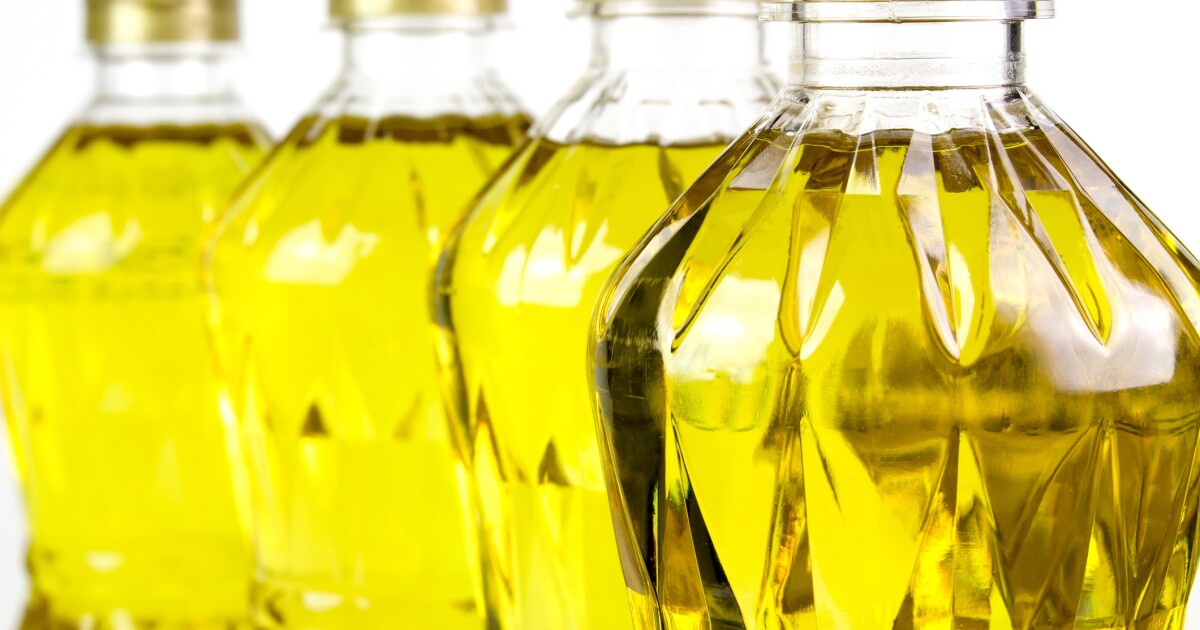Seed Oils: Friend or Foe? Unpacking the Health Debate Down Under

You've probably heard the whispers: seed oils – like canola, sunflower, and soybean – are bad for you. Claims range from mild concern to outright accusations of 'poisoning' the population. But is there any truth to these claims? Let's dive into the science and separate fact from fiction, specifically looking at how this impacts Australians and our dietary habits.
The Controversy: Where Did It Start?
The recent surge in concern around seed oils is largely fuelled by figures like Robert F. Kennedy Jr., who has publicly stated that these oils are detrimental to health. This has sparked considerable debate, particularly online, with many questioning the safety and nutritional value of widely consumed products containing these oils.
What Are Seed Oils and Why Are They So Common?
Seed oils are extracted from the seeds of plants like canola, sunflower, soybeans, corn, and cottonseed. They're prized for their affordability, versatility, and long shelf life, making them a staple in processed foods, cooking oils, and spreads. Their widespread use is also due to their neutral flavour and high smoke point, making them suitable for various cooking methods.
The Science: What Does the Research Say?
The core of the controversy lies in the oil's fatty acid composition. Seed oils are predominantly rich in polyunsaturated fats, particularly omega-6 fatty acids. While omega-6 fatty acids are essential for health (meaning our bodies can’t produce them and we need to obtain them through diet), an imbalance between omega-6 and omega-3 fatty acids has been linked to inflammation in the body. Many Western diets are heavily skewed towards omega-6, potentially contributing to this imbalance.
However, the science isn’t quite as straightforward as it seems. While some studies have suggested a link between high omega-6 intake and inflammation, others have found no significant association. Furthermore, the way these oils are processed – often involving high heat and solvents – can create potentially harmful compounds, such as trans fats (although regulations in Australia have significantly reduced trans fat levels) and oxidized lipids. Oxidized lipids can contribute to cellular damage and inflammation.
The Australian Context: Are We at Risk?
Australians consume a significant amount of seed oils, primarily through processed foods and cooking. While a balanced diet is key, it's important to be mindful of the overall fat intake and the ratio of omega-6 to omega-3 fatty acids. Focusing on incorporating sources of omega-3s (like fatty fish, flaxseeds, and walnuts) can help to improve this balance. Choosing cold-pressed, unrefined seed oils when possible can also minimise the risk of oxidation and potential harmful compounds.
So, Are Seed Oils 'Poison'?
The claim that seed oils are 'poison' is a significant exaggeration. However, it’s fair to say that excessive consumption, particularly of highly processed seed oils, may have negative health consequences. A balanced approach, focusing on whole foods, a variety of healthy fats, and mindful consumption, is the best strategy for maintaining optimal health.
Key Takeaways for Australians:
- Be aware of your overall fat intake and the omega-6 to omega-3 ratio.
- Prioritise omega-3 rich foods like salmon, tuna, and mackerel.
- Consider opting for cold-pressed, unrefined seed oils when cooking.
- Read food labels carefully and be mindful of hidden seed oils in processed foods.
Disclaimer: This article provides general information and should not be considered medical advice. Always consult with a healthcare professional or registered dietitian for personalised guidance.






